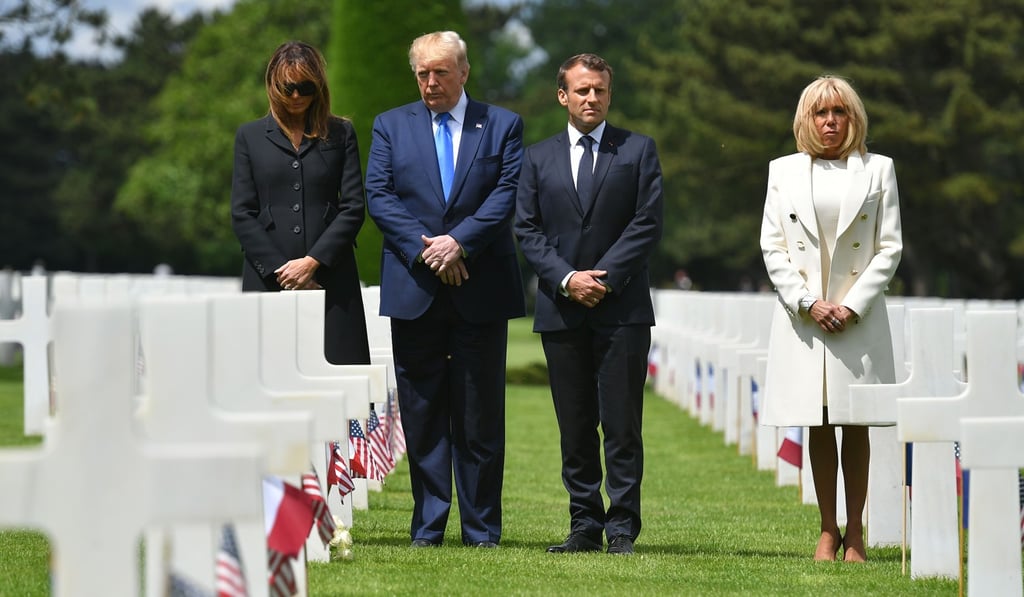Sino File | Forget the Xi-Putin bromance, the US-UK special relationship is more special than the China-Russia one
- The ‘big five’ of the UN Security Council have split into two sets of opposite alliances: the US, Britain and France on one side, China and Russia on the other
- One of the relationships has stood the test of time – is the other just a marriage of convenience?

Behind the decision was the belief that world peace could be kept only when every member of this influential group agreed to work together. The fact that within two decades of the war ending the five all went on to become nuclear powers served only to underline the foresight of this decision.

Trump’s visit was also aimed at underscoring America’s “special relationship” with Britain, a country that faces great uncertainty both in its post-Brexit future and in who will lead the country as it attempts to leave the European Union. But the visit also comes amid a low point in relations, with many Britons protesting against Trump’s visit.
Xi’s visit to Russia, his eighth since 2013, was also aimed at cementing a special relationship, with the Chinese leader claiming ties were at their “highest level in history”.
